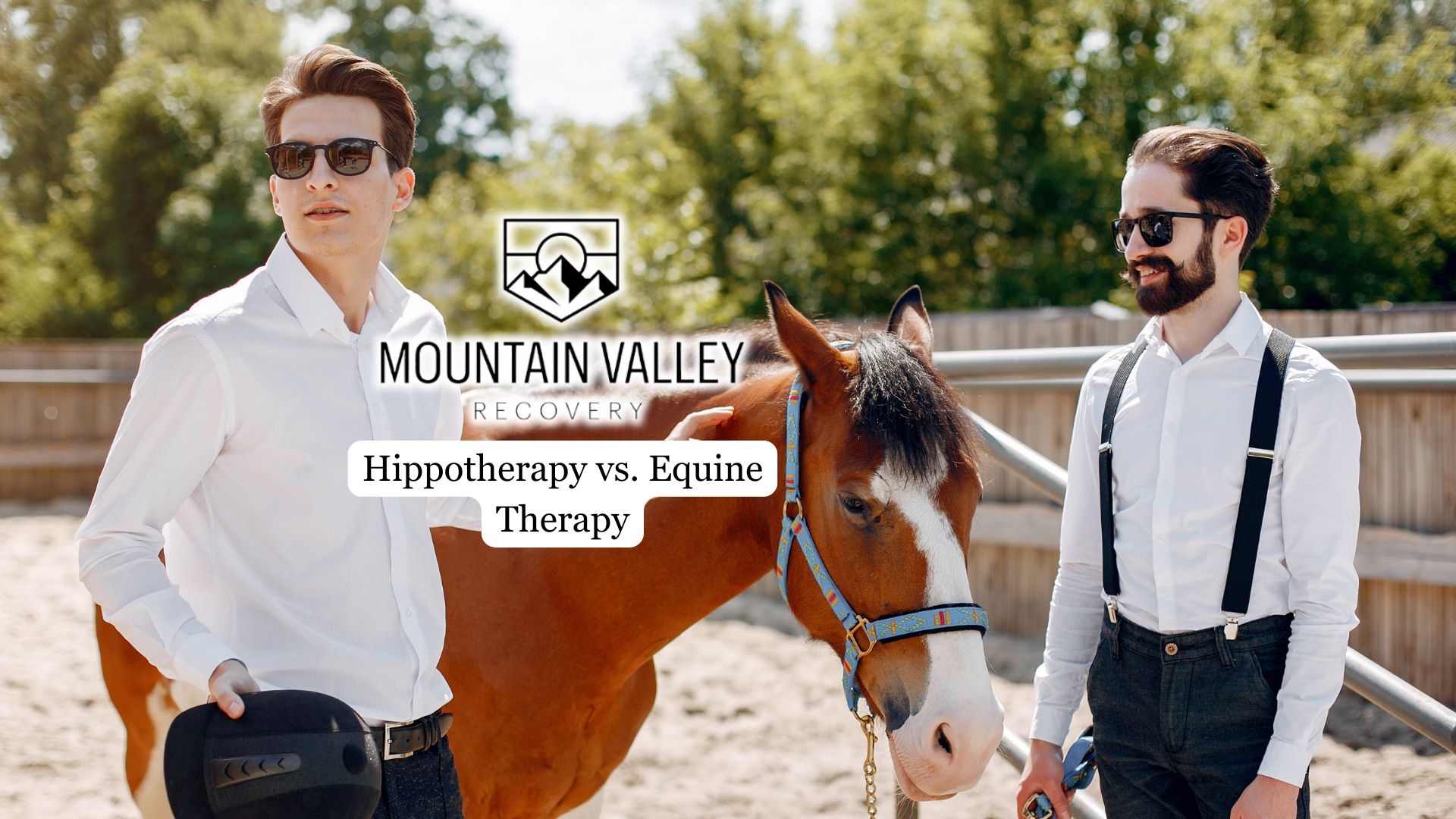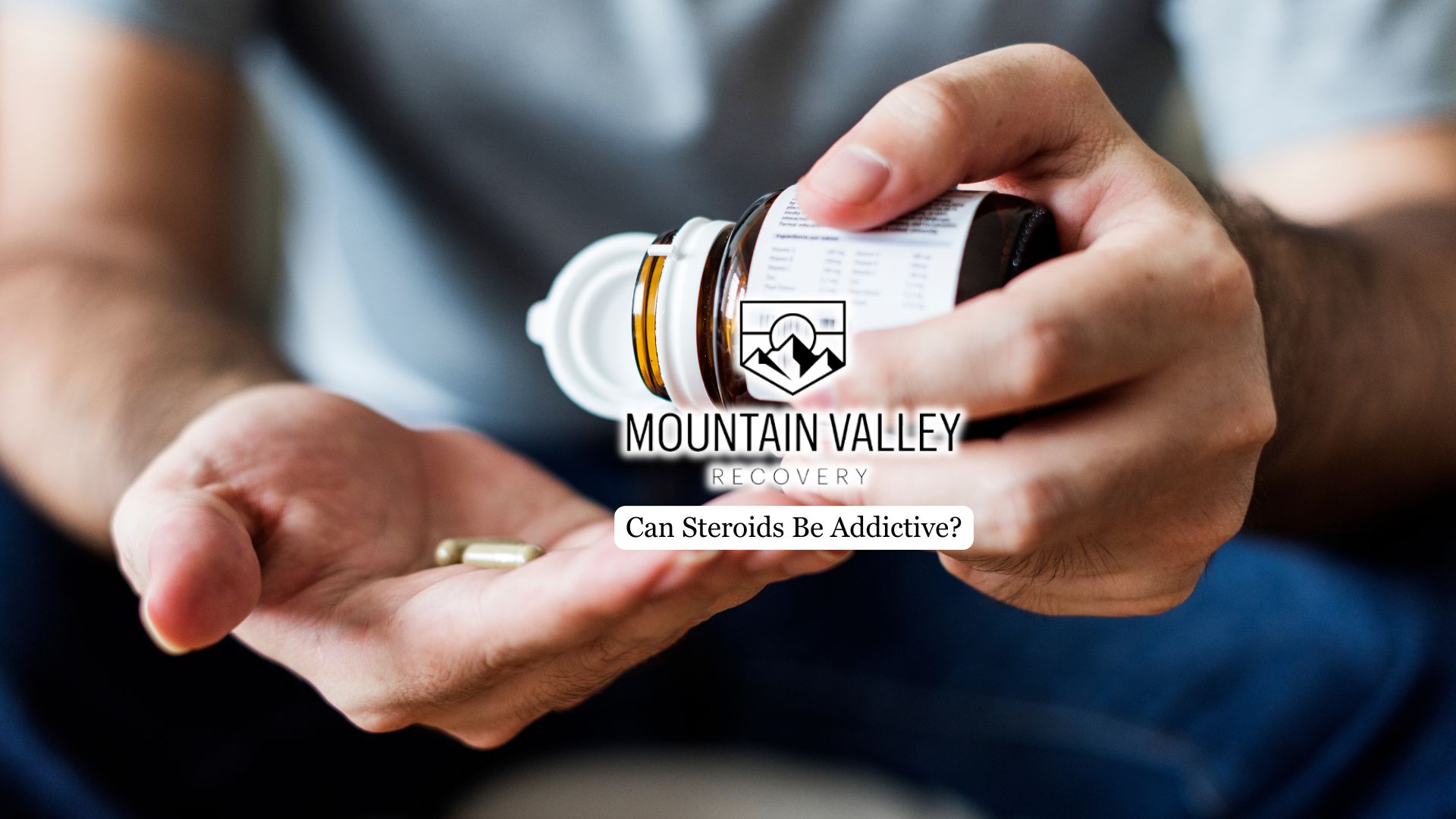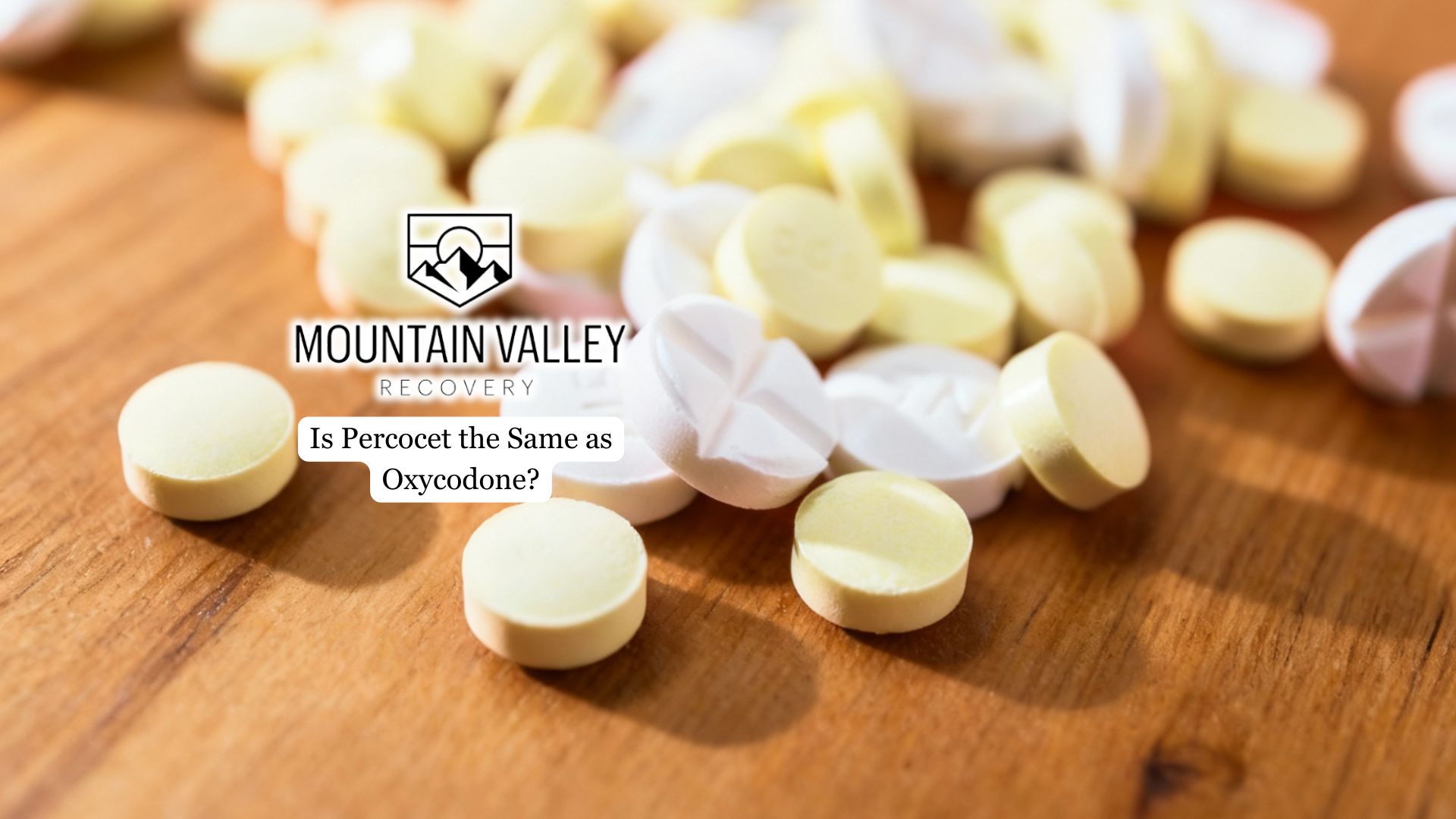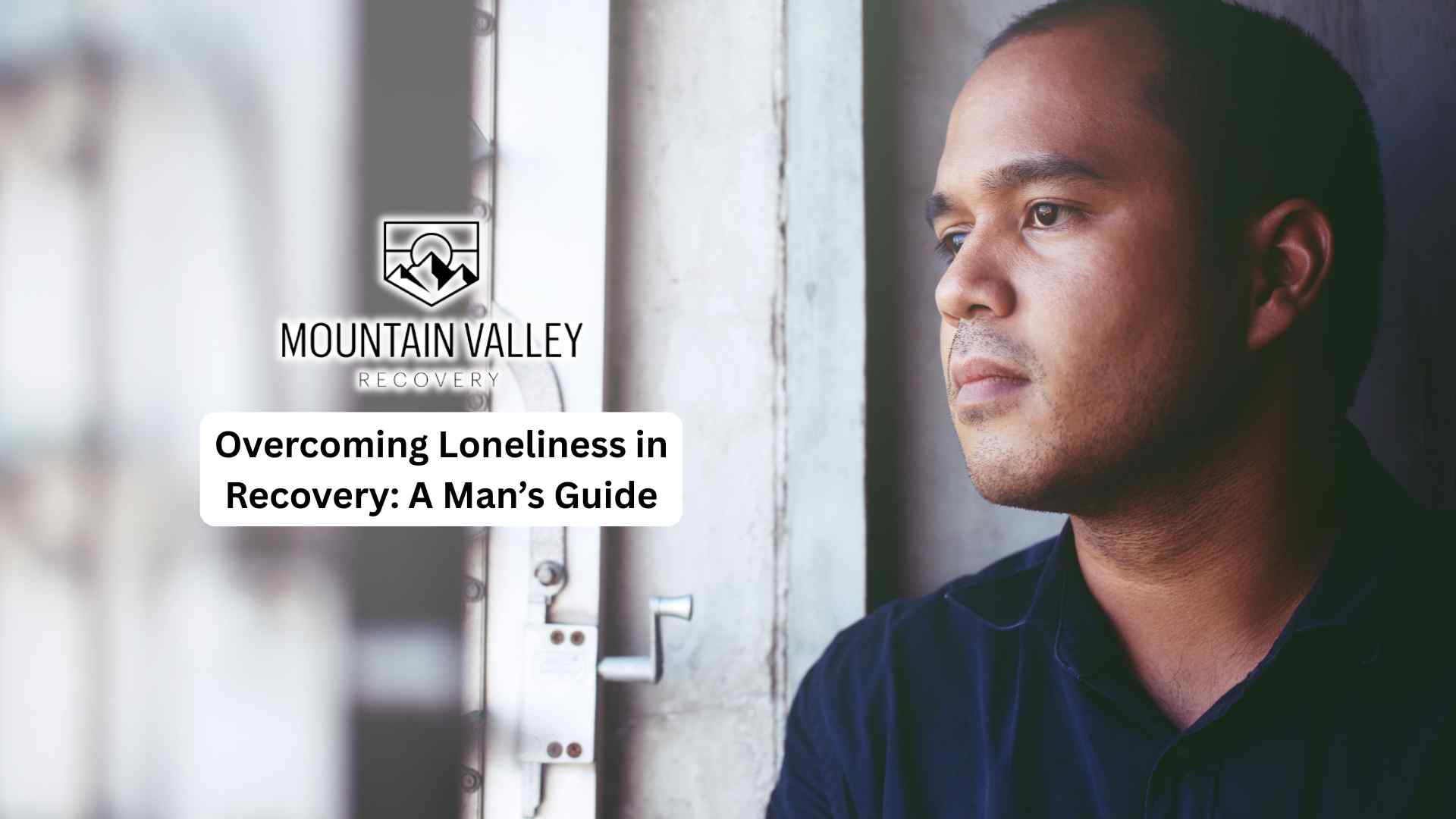Horses have long played a role in therapy, but not all equine-assisted treatments are the same. Two common approaches, hippotherapy and equine therapy, both offer distinct benefits and methods. For men in addiction recovery, understanding the differences can help determine which approach best supports their healing process.
In this article, we’ll break down the unique aspects of each therapy, how they function, and why understanding their differences plays a crucial role in recovery.
What Is Equine Therapy?
Equine therapy, also referred to as equine-assisted therapy or equine-assisted psychotherapy, is a therapeutic approach that focuses on emotional and psychological healing through interactions with horses. Unlike hippotherapy, which relies on the horse’s movement for physical benefits, equine therapy involves non-riding activities such as grooming, feeding, and leading horses. These exercises are conducted under the supervision of a trained therapist or counselor.
Equine therapy is widely used in addiction recovery programs, particularly for men who may struggle with traditional talk therapy. Horses instinctively react to human emotions, providing immediate feedback that encourages individuals to recognize their feelings and adjust their behaviors accordingly. By working with horses, men in recovery can practice patience, trust, and responsibility, qualities that are essential for maintaining sobriety and preventing relapse.
What Is Hippotherapy?
Hippotherapy is a specialized form of physical, occupational, or speech therapy that uses the movement of a horse as part of a clinical treatment plan. Unlike traditional horseback riding, hippotherapy is guided by a licensed therapist who uses the horse’s rhythmic motion to improve a patient’s balance, coordination, and neurological function.
Hippotherapy is primarily used for individuals with neurological or developmental conditions, such as cerebral palsy, autism, and traumatic brain injuries. The horse’s gait stimulates neuromotor responses in the rider, helping them develop better body awareness and muscle control. While not commonly associated with addiction treatment, hippotherapy can support recovery by improving physical well-being, reducing stress, and fostering a sense of calm.

Key Differences Between Hippotherapy and Equine Therapy
Although both therapies involve horses, their purposes and applications are distinct. Hippotherapy is a clinical intervention that targets physical and neurological function, while equine therapy is designed to improve emotional resilience and behavioral patterns. In hippotherapy, sessions are structured and led by licensed physical, occupational, or speech therapists who use the horse’s movement to stimulate physical responses. Equine therapy, on the other hand, is more flexible and focuses on relationship-building and emotional growth.
Hippotherapy involves mounted exercises and is typically used for individuals with medical conditions that affect mobility or motor skills. It is not commonly included in addiction treatment programs, as its primary focus is on physical rehabilitation. Equine therapy, however, is fully integrated into addiction recovery and helps individuals develop essential life skills. Interacting with horses through grooming and leading helps men in recovery develop emotional regulation, stress management, and self-discipline.
How Equine Therapy Supports Addiction Recovery
For men in addiction recovery, equine therapy offers a unique and effective way to address deep-seated emotional and behavioral challenges. Horses are highly sensitive to human emotions, responding to anxiety, fear, and aggression with immediate, non-judgmental feedback. This interaction helps individuals recognize and regulate their emotions in real-time.
Men often struggle with expressing vulnerability or processing emotions. Equine therapy provides a hands-on, experiential approach that allows them to build confidence, patience, and emotional awareness. Additionally, working with horses fosters responsibility and discipline—skills that translate directly into maintaining sobriety and making healthier life choices.
Choosing the Right Therapy for Recovery
While hippotherapy provides physical benefits, it is not designed to address the emotional and psychological factors that contribute to addiction. Equine therapy directly supports addiction recovery by helping men process emotions, strengthen resilience, and establish healthier behavioral patterns, particularly for those who may struggle with seeking treatment due to internalized resistance.
Often integrated into a comprehensive treatment plan, equine therapy complements counseling and group therapy by offering an experiential, nonverbal approach to healing. This interactive method builds confidence and equips individuals with practical coping strategies for sustaining sobriety.
Final Thoughts from Mountain Valley Recovery
At Mountain Valley Recovery, we recognize the power of equine therapy in helping men overcome addiction. Our equine-assisted programs in Utah provide a structured, supportive environment where individuals can develop emotional resilience, self-discipline, and trust—key elements for lasting recovery. By incorporating hands-on experiences with horses into our treatment plans, we offer a unique path to healing that goes beyond traditional therapy.





